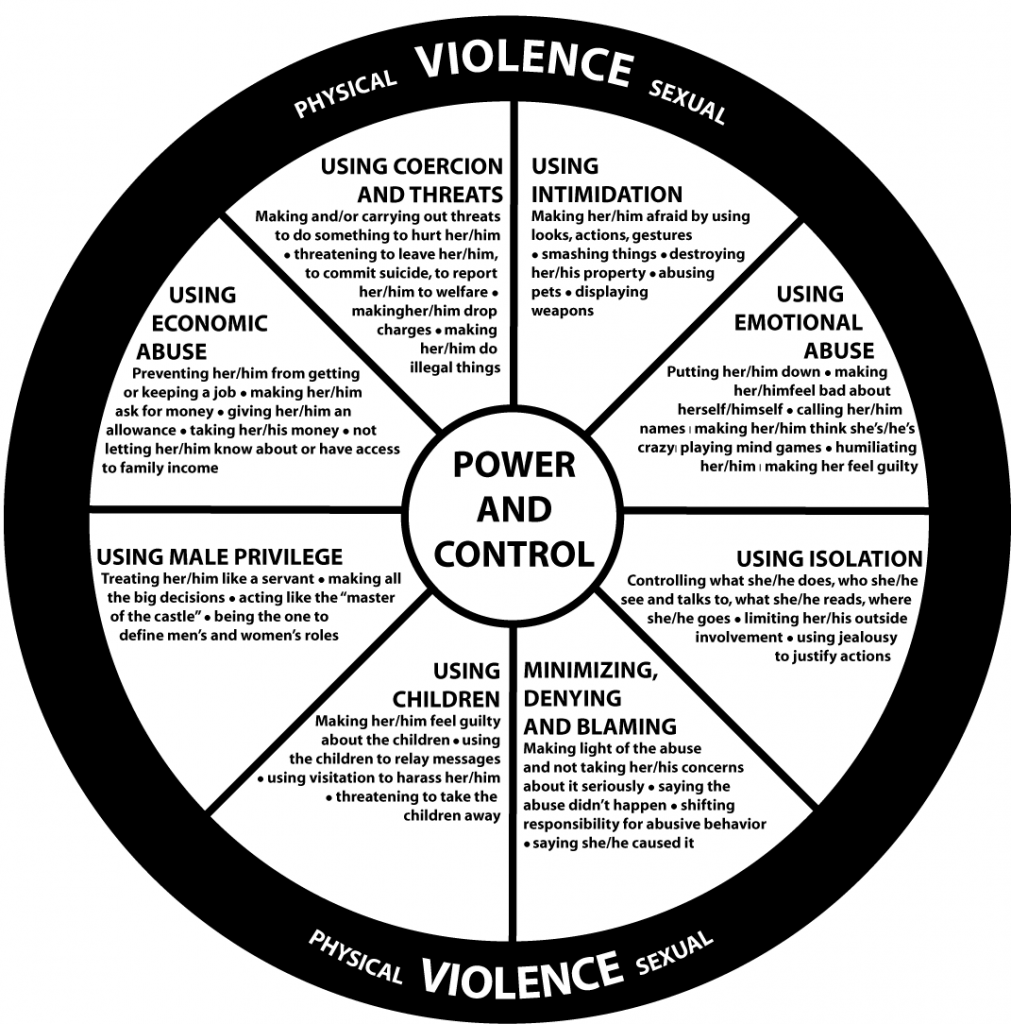|
Most of us are all too aware of the statistics pointing to a national crisis in Australia with regards to Domestic and Intimate Partner Violence. The Royal Commission into Family Violence reported in 2016 that faith communities were vital settings for influencing attitudes and providing leadership in relation to family violence; yet the recent NCLS report into Domestic violence in the Anglican Church has sent shockwaves through our communion, identifying that both women and men within the Anglican Church are at least as likely as the general population to experience Domestic Violence. So what can we do about it?
Firstly we can be clear about what the Bible actually teaches: All forms of domestic violence/abuse are incompatible with scripture and Christian faith. True repentance is seen when the perpetrator genuinely recognises their sin and are horrified by what they have done (Isaiah 6:5), they recognise the depth of pain they have caused (Isaiah 64:6), they seek to make amends (Luke 19:1-10), they accept consequences (Luke 23:40-43), they don’t expect or demand forgiveness (Genesis 32), they change their behaviour (Acts 9), they grant space to heal (Galatians 5:22-23), and they are awestruck by forgiveness (Genesis 30:10). When repentance is genuine, all parties are blessed, nd God is glorified. HJOwever, even genuine repentance does not that previous behaviours are free from consequences even including involvement of authorities. Forgiveness is indeed a hallmark of the Christian faith; forgiveness is about not holding hatred and bitterness in our heart, it is about seeing the person who has harmed us as God sees them; it does not require a victim of Domestic abuse/violence to remain in an abusive enviornement. Forgiveness does not mean you are to ignore that a wrong was done or that you deny that a sin was committed. Forgiveness does not mean that you close your eyes to moral atrocity and pretend that it didn’t hurt, or that it really doesn’t matter whether or not the offending person is called to account for his/her offence Neither are you being asked to diminish the gravity of the offense, or to tell others, “Oh, think nothing of it; it really wasn’t that big of a deal after all.” Forgiveness simply means that you determine in your heart to let God be the avenger. He is the judge, not you.(Acts 29) Secondly we need to educate our families, our churches and our community about what Domestic abuse/violence is. I have included a graphic as a starting point for this discussion. Grace & Peace Jen.
0 Comments
Leave a Reply. |
AuthorJen is an energetic and passionate disciple of Christ who loves to share Jesus with anyone who will listen! Past Thoughts
December 2021
Categories |
|
|
Support St Luke's
|
We Would Love to Have You Visit Soon!
ContactE: emerald@anglicanchurchcq.org.au
Phone:07 4982 1802 Ph: (07(07)) 4982 1802 |
AddressCnr Ruby & Theresa St, Emerald, QLD, 4720
POBox 18, Emerald, QLD, 4720 |

 RSS Feed
RSS Feed
